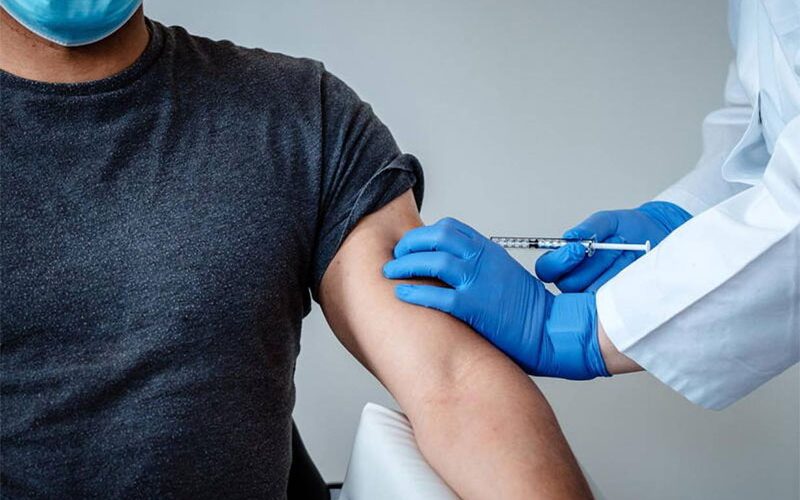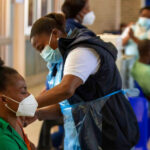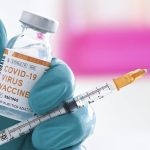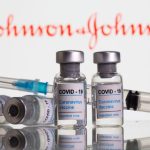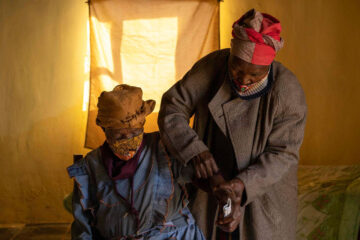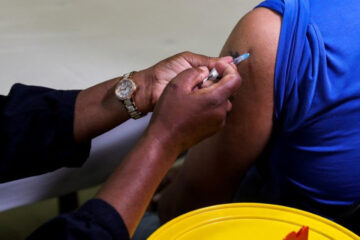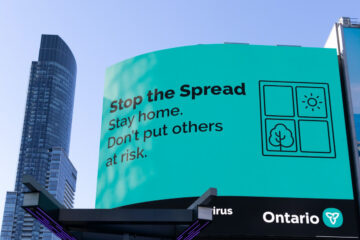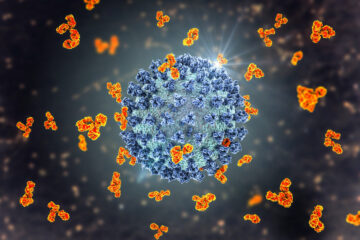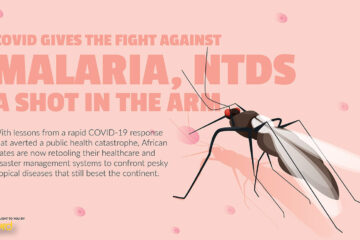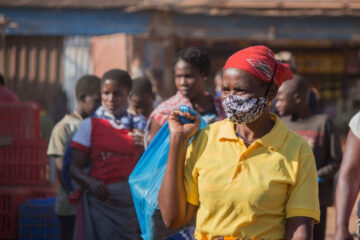MICHAEL ERMAN and MANAS MISHRA
The South African Health Products Regulatory Authority (SAHPRA) today announced that it had recently reviewed data from Johnson & Johnson’s (J&J) local research study immunising healthcare workers and found no major safety concerns.
SAHPRA added that it was awaiting additional data from J&J and the U.S. Food and Drug Administration.
The reassurance came after the world went on to full alert and the rollout of the Johnson and Johnson COVID-19 vaccine has been suspended after six US women under age 50 developed rare blood clots after receiving the shot, dealing a fresh setback to efforts to tackle the pandemic.
South Africa has joined the US and some EU countries in pausing the use of the J&J vaccine while experts and scientists have been able to finalise studies on the latest development.
SA Health Minister Zweli Mkhize said: “I had urgent consultations with our scientists, who advised that we cannot take the decision by the FDA lightly. Based on their advice, we have determined to voluntarily suspend our rollout until the causal relationship between the development of clots and the Johnson & Johnson vaccine is sufficiently interrogated. SAHPRA will collate information from Johnson and Johnson, the FDA and other regulatory bodies to make a thorough assessment of the situation and advise us as a regulatory body that has exercised its authoritative powers on the approval of the vaccine in their own right.”
Johnson & Johnson said it would delay rollout of the vaccine to Europe, a week after regulators there said they were reviewing rare blood clots in four recipients of the shot in the United States. South Africa also suspended use of J&J’s vaccine.
Acting U.S. Food and Drug Administration Commissioner Janet Woodcock said the agency expected the pause to be a matter of days, and was aimed at providing information to healthcare providers on how to diagnose and treat the clots.
The moves come after European regulators said earlier this month they had found a possible link between AstraZeneca’s COVID-19 vaccine and a similar rare blood clotting problem that led to a small number of deaths.
FDA official Peter Marks said it was “plainly obvious” the J&J cases were “very similar” to the AstraZeneca ones. He said there had been no similar blood clot cases reported among recipients of the Moderna or Pfizer/BioNTech vaccines, which use a different technology and accounted for the vast majority of U.S. vaccinations so far.
But J&J’s single-dose shot and AstraZeneca’s low-cost vaccine are seen as vital weapons in the fight against a pandemic that has claimed more than three million lives.
Immunology experts echoed U.S. officials in underscoring that the risk posed by the J&J vaccine appeared extremely low.
“Even if causally linked to the vaccine: 6 cases with about 7 million doses … is not something to panic about,” Dr. Amesh Adalja, an infectious disease expert at the Johns Hopkins Center for Health Security in Baltimore, said in an email, noting that the risk appears lower than that of clots from oral contraceptives.
He expressed concern that the pause could increase hesitancy to get vaccinated.
The FDA said there had been one reported death from the rare blood clotting condition among recipients of the J&J vaccine, while another person was in a critical condition.
The White House said appointments to receive the J&J shot were being rescheduled across the country to the other vaccine options.
“We have more than enough supply of Pfizer and Moderna vaccines to continue the current pace of about 3 million shots per day, and that puts us well on pace to meet the President’s goal of 200 million shots by his first 100 days in office,” White House COVID-19 coordinator Jeff Zients told a briefing.
BALANCE OF RISKS
J&J’s vaccine rollout has been limited by production issues. As of April 13, 7.2 million doses of the J&J vaccine had been administered in the United States compared with 185 million of the other two.
An advisory committee to the U.S. Centers for Disease Control and Prevention will meet on Wednesday to review the clotting cases and vote on recommendations for future use of the shot. The FDA will then review the analysis.
All six cases involved women between the ages of 18 and 48, with symptoms occurring six to 13 days after vaccination. The FDA said patients should watch for up to three weeks for symptoms including severe headache, abdominal pain, leg pain or shortness of breath.
In these cases, a type of blood clot called cerebral venous sinus thrombosis (CVST) was seen in combination with low levels of blood platelets, or thrombocytopenia.
J&J, whose shares were down 1.6%, said it was working closely with regulators and noted no clear causal relationship had been established between the clots and its vaccine.
“To put this into perspective, it’s similar to the chance of being struck by lightning in any given year in the UK. On the other hand, the risks from COVID-19 are substantial,” said Ian Douglas from the London School of Hygiene & Tropical Medicine.
The J&J and AstraZeneca vaccines both use an adenovirus – a harmless cold virus – as a vector to deliver instructions for human cells to produce a protein found on the surface of the coronavirus, spurring the immune system to recognize and attack the actual virus.
Chinese and Russian COVID-19 vaccine developers CanSino Biological and Gamaleya Institute also rely on this approach. The Pfizer/BioNTech and Moderna vaccines use messenger RNA (mRNA) technology.
The European Medicines Agency (EMA) recommends AstraZeneca’s COVID-19 vaccine, saying the benefits outweigh the risks. Several EU countries, however, have limited its use to certain age groups.
As of April 4, the EMA said 169 cases of CVST and 53 of splanchnic vein thrombosis had been reported after vaccination with the AstraZeneca shot. About 34 million people had been given the shot in Europe by then.
J&J only began delivering its COVID-19 vaccine to European Union countries this week.

